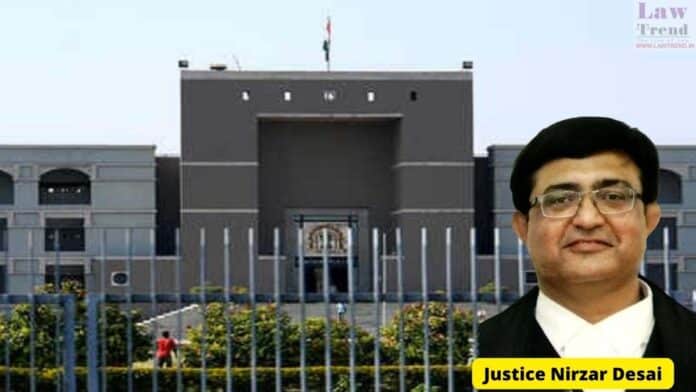In a pivotal decision, the Gujarat High Court directed the reservation of a seat for a candidate disqualified from the constable recruitment process over scars from tattoo removal. Justice Nirzar S. Desai delivered the interim order in the case of Damor Kishor Kumar Naranbhai vs. Staff Selection Commission & Anr. (Special Civil Application No. 16967
To Read More Please Subscribe to VIP Membership for Unlimited Access to All the Articles, Download Available Copies of Judgments/Order, Acess to Central/State Bare Acts, Advertisement Free Content, Access to More than 4000 Legal Drafts( Readymade Editable Formats of Suits, Petitions, Writs, Legal Notices, Divorce Petitions, 138 Notices, Bail Applications etc.) in Hindi and English.




